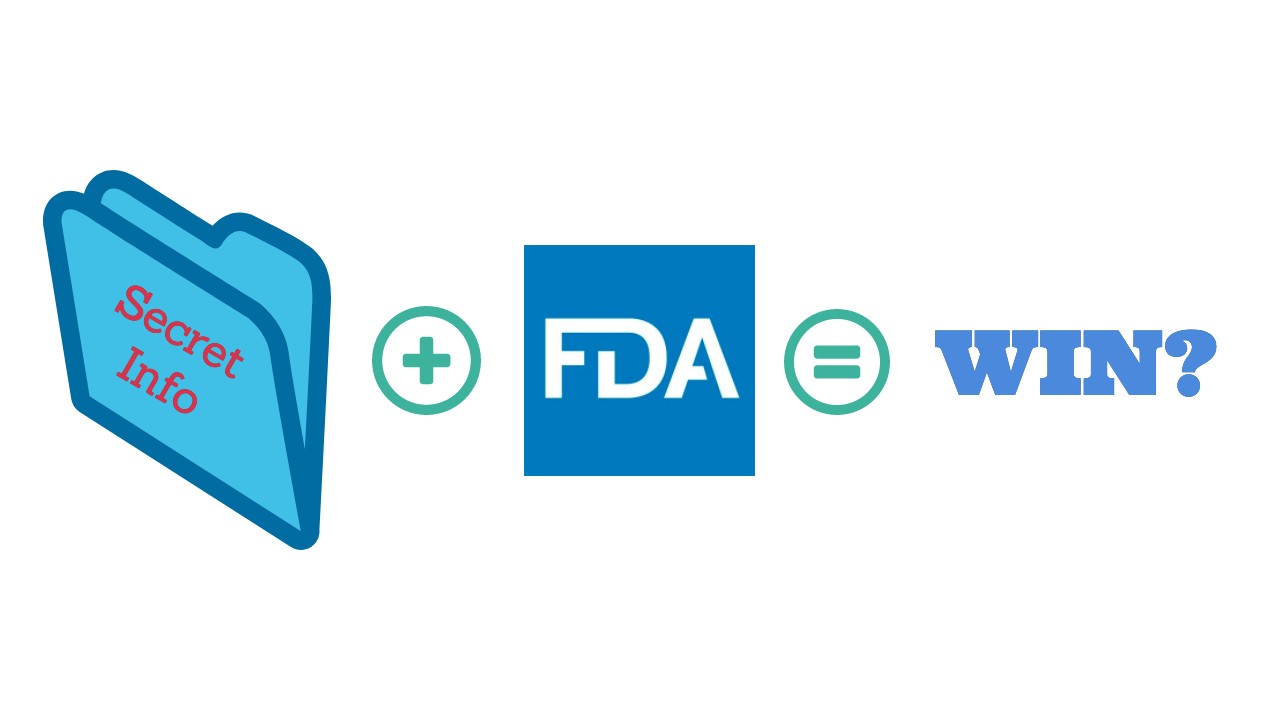Last week on Sept. 6th, Mitch Zeller published a blog post on the FDA Voice blog, encouraging tobacco companies, including e-juice manufacturers, to submit documents that contain trade secrets.
This document is called the tobacco product master file (TPMF). This is a voluntary file that would benefit the industry as a whole, or at least that’s the idea behind it.
The TPMF usually contains trade secrets and confidential information about the company’s tobacco products; stuff they wouldn’t want the public or competitors to see. Once submitted to the FDA, the owner can grant permission to other companies to reference their master file when making their own submissions to the FDA. Once permission is granted, these other parties are still not able to see the confidential information in the master file, but the FDA is.
Mitch Zeller provided an example of how this might work with a flavor manufacturer. In his example, a flavor manufacturer could submit a master file with a full listing of ingredients and composition for each of their flavors. One of their customers could then be given the right to reference that master file in their premarket tobacco application.
You can see how this would be beneficial. Let’s say that The Flavor Apprentice (TFA) submitted master files for all of their flavor concentrates. Any e-juice manufacturer who uses TFA’s flavorings in their e-juices could ask TFA for permission to use their master file. And why wouldn’t TFA want to help their customers get their products approved by the FDA? It’s a win-win situation.
This saves the e-juice manufacturer time and money because then they won’t have to pay to get their own tests done. These tests are far too expensive for a small company to do anyway, so this can actually help to prevent small e-juice companies from going out of business.
Submitting master files could also be a smart business decision for ingredient manufacturers. Let’s say that TFA decided not to submit master files, but Real Flavors did. If I was making e-juice, I would use Real Flavors since they would have the master files that I need to get my product approved by the FDA. The same thing goes for manufacturers of VG, PG, sweeteners, food colorings, and nicotine.
According to the FDA, master files can be referenced in pre-market tobacco applications, substantial equivalence reports, modified risk tobacco product applications, and other types of submissions. A company can submit a master file at any time, but the FDA will not review them until they were referenced in a submission.
The big question now though is if any companies are going to submit master files. I’m sure trusting the FDA might be one concern for some manufacturers, but other big industries like cosmetics and the food and beverage industry also have to submit trade-secrets to the FDA regarding their recipes, so I don’t see this is as much of a risk.
From what I can tell, this could be the start of making the PMTA process affordable. Rather than costing millions of dollars per product submission, over time and with enough master files in the FDA’s system, a PMTA might cost only a small fraction of that.

